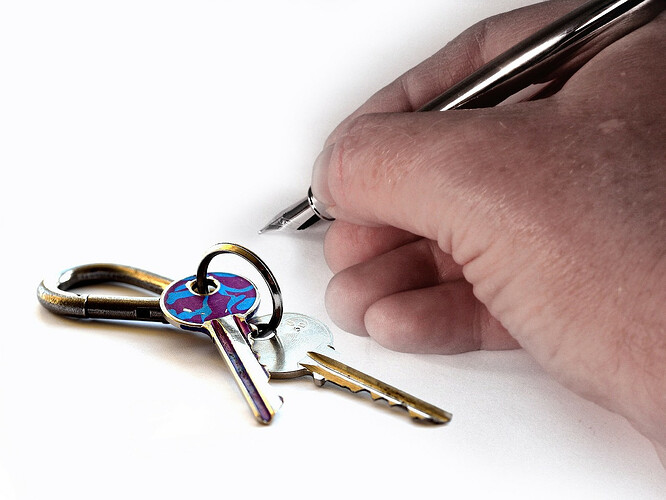As a private landlord there are several areas that come under your responsibilities. From tax to safety, your tenants rely on you to remain legal and safe.
Protect Deposits
If the tenancy is an AST (Assured Shorthold Tenancy) and started after 6th April 2007 (in England and Wales), the deposit should be placed into a government approved tenancy deposit protection scheme.
Details of the scheme should also be provided to the tenant. The good news is, this can be recorded within Reoli so it’s easily accessible by your tenant,
Gas Safety
All gas equipment, including flues and pipework, have to be installed and maintained by a Gas Safe registered engineer, and be checked on an annual basis. A registered engineer should check each appliance and flue to ensure they are safe.
A gas safety certificate will be issued for the devices, a copy of which much be given to the tenant. You can upload a copy of these to your Reoli account and assign them to a property, so your tenant can access them from their own account.
Keep a record of each of the safety checks for at least 2 years, and don’t forget to issue the safety certificate to your tenant within 28 days of the check being completed.
Electrical Safety
From sockets to light fittings, kettles to fridges, the electrical system and all appliances in the property must be safe. Common issues can include hanging or exposed wires, incorrect amp fuses and overloaded sockets.
Fire Safety
Fire is a major issue, and like electrical and gas issues, can be a matter of life or death if the proper testing and precautions are not taken.
You should follow safety regulations and check escape routes are accessible at all times; this includes being free of obstacles. Also make sure that all furniture is fire safe too. If the property has solid fuel burning appliances (such as a coal fire or wood burning stove), a carbon monoxide alarm needs to be supplied for each room containing one.
Smoke alarms should be fitted to each storey of the property. If the property is large (for example, a HMO), then fire alarms and extinguishers should also be provided.
Repairs
Some areas of the property fall under your remit for repair. As a landlord, you would be responsible for repairs to:
- The property structure and exterior
- Heating and hot water
- Gas appliances, flues, ventilation and pipes
- Electrical systems and wiring
- Sanitary fittings, including pipes and drains, as well as sinks, baths and basins
- Any damage caused by attempting repairs
Taking Responsibility
This may seem like a lengthy list, but there are tools and organisations available to help. Reoli for example, can help with recording deposit protection scheme details and storing of safety certificates.
There are also local fire safety and health and safety companies who can help advise on the safety of your property too.
